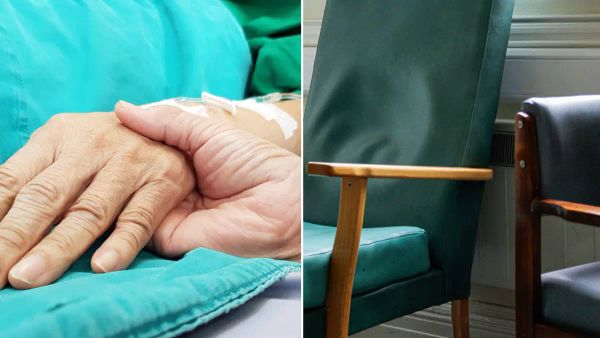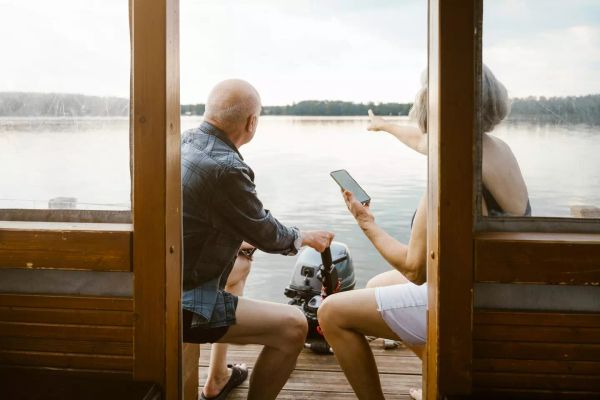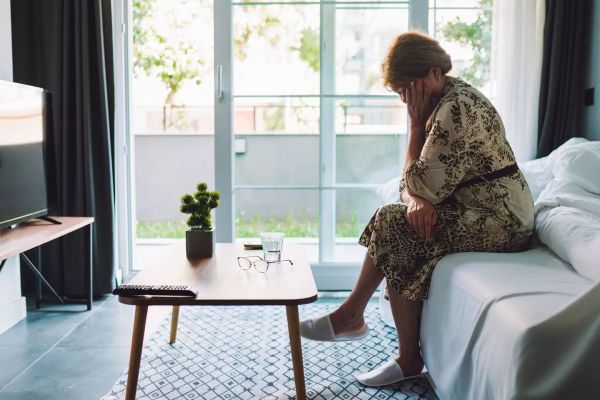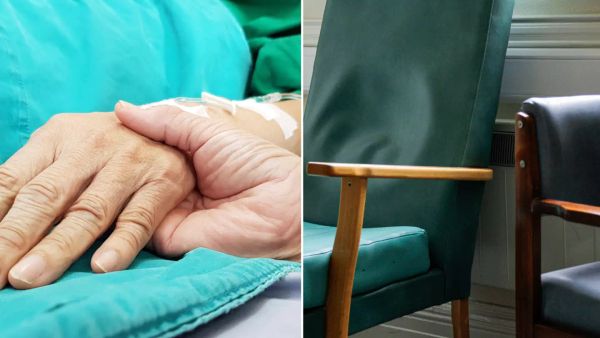Amid the ongoing debate surrounding an individual’s rights to end their life on their own terms, a couple who had been married for almost five decades made the decision to die together through euthanasia. Jan Faber and Els van Leeningen, a Dutch couple, were voluntarily given lethal medication by two doctors in June.

In the months leading up to this difficult decision, Els, 71 years old, had been diagnosed with dementia, which caused her health to deteriorate to the point where she struggled to put sentences together. Speaking to the BBC just three days before their deaths, Els pointed to her body and said, “This is very good,” and then pointed to her head, declaring, “But this is terrible.”

The couple had a long and fulfilling partnership, which began when they met in kindergarten. They enjoyed living on a lifeboat in the Netherlands before purchasing a cargo boat and starting a business transporting goods. In recent years, they traded their riverboat house for a campervan. Unfortunately, a back surgery Jan underwent in 2003 didn’t improve his ailing health, and painkillers didn’t effectively manage his pain.

Since then, the couple had sporadically discussed the possibility of euthanasia, which is legal but rare in the Netherlands. Els started showing signs of dementia and retired from teaching in 2018. Although she hesitated to see a doctor due to witnessing her own father’s rapid health decline after an Alzheimer’s diagnosis, she was officially diagnosed in 2022. The couple then joined the NVVE, the Netherlands’ ‘right to die’ organization.
Jan expressed that taking a lot of medication made him feel like a zombie, and given his pain and Els’ illness, he felt they had to make the decision to stop suffering. In the Netherlands, both euthanasia and assisted suicide are allowed if the individual makes a voluntary request and their pain, whether physical or mental, is deemed unbearable with no prospect of improvement by two doctors.

One potential complication was that Els’ dementia was progressing to a point where her mental capacity to make such a decision would be questioned. When asked if they ever considered if they were ending their lives too soon, Els firmly replied, “No, no, no. I cannot see it,” while Jan added, “I’ve lived my life, I don’t want pain anymore.” Eventually, they were given approval to proceed with their decision.
The day before their scheduled passing, Jan and Els spent time with their son and grandchildren at the campervan. They went for a walk on the beach, shared jokes, and had a final dinner together. On June 3, Jan and Els’ extended family gathered at their local hospice to bid their goodbyes. They had two hours together, reminiscing and listening to music. The final half hour was difficult, but the doctors arrived, and everything happened quickly.
Now, their son is holding onto their campervan for a while, wanting to create meaningful memories for the family before deciding to sell it. This deeply personal and profound journey highlights the complexities surrounding end-of-life choices and the deep love that a couple can share even in the face of unimaginable pain and loss.






